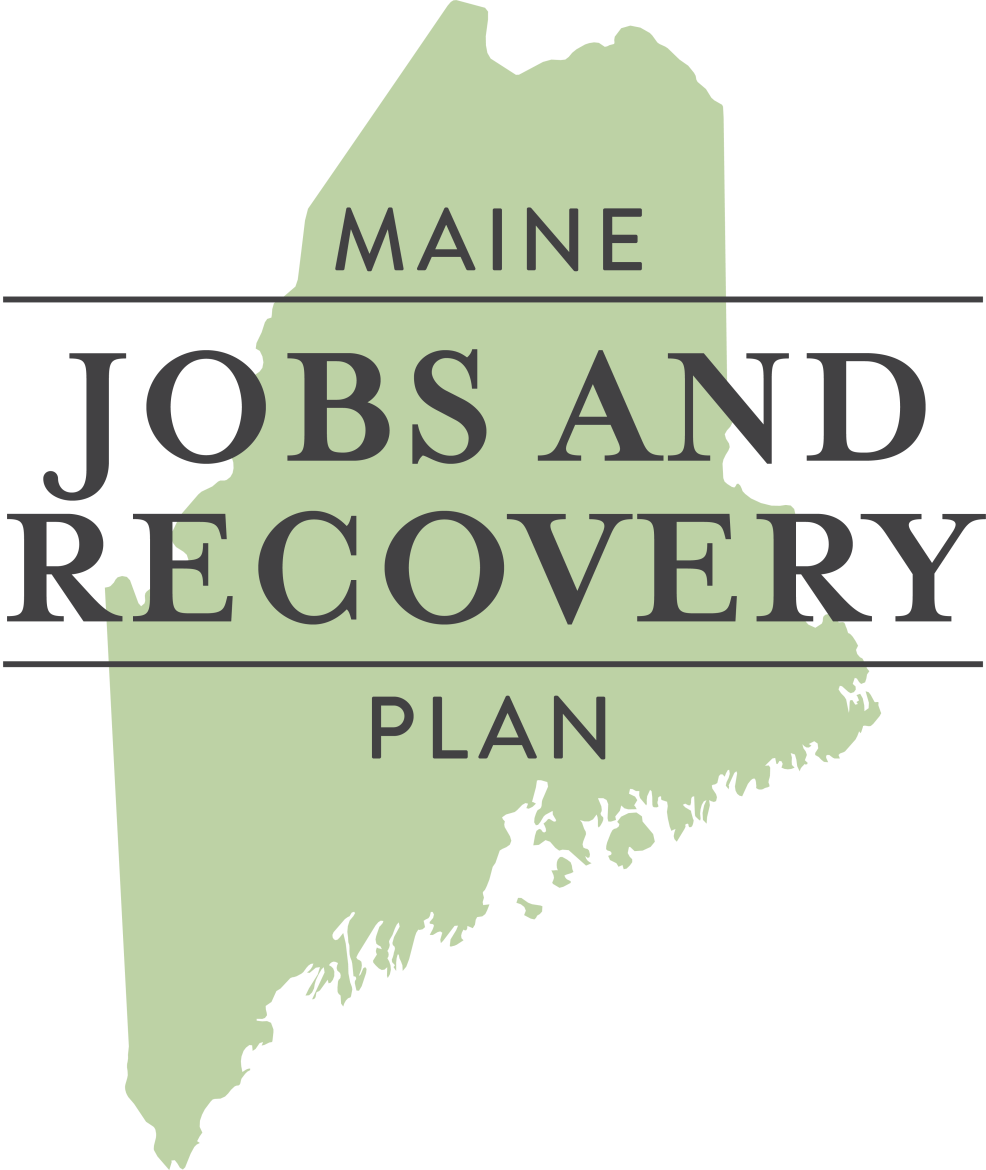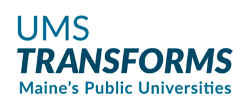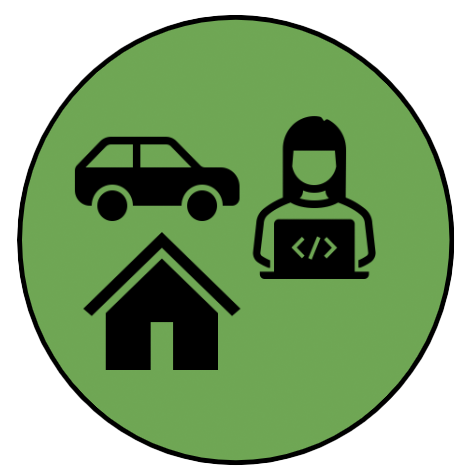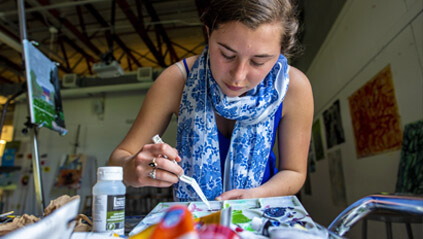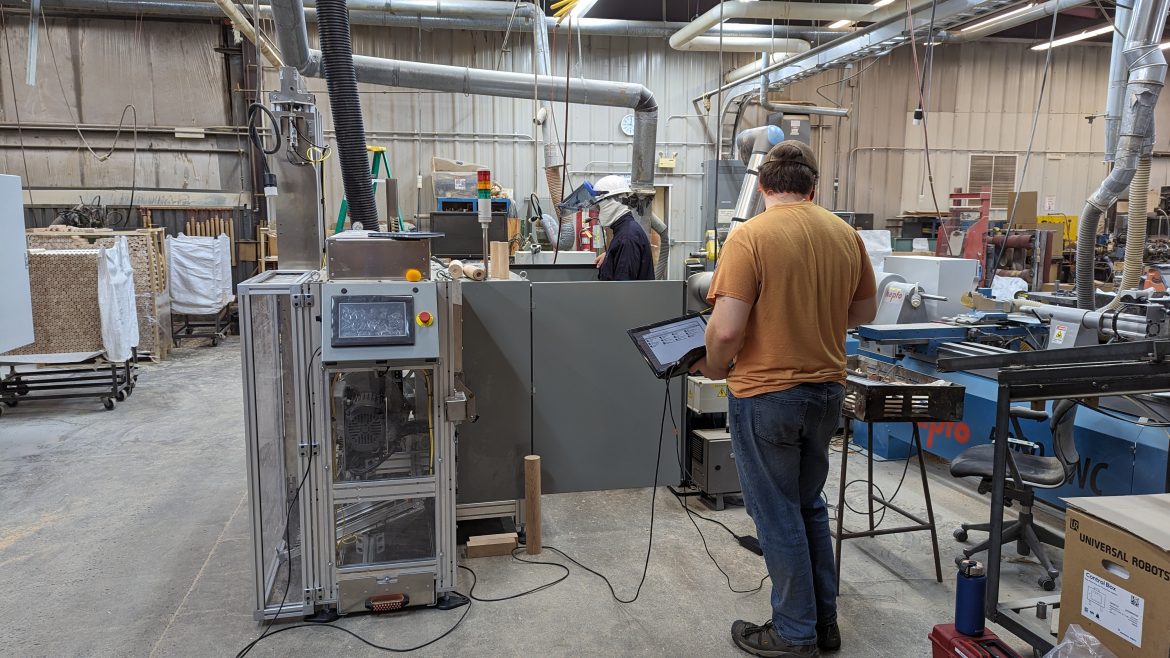Part of the University of Maine System (UMS) TRANSFORMS Student Success & Retention Initiative
The Pathways to Careers (PTC) Center is a virtual hub for information about internship opportunities and resources for the University of Maine System (UMS). PTC coordinates system-wide collaboration among intern coordinators, career professionals, and other UMS employees who support access to, and quality of, internship experiences.
This includes:
- Spreading best practices that increase student participation and success, regardless of socioeconomic status, prior experience, or personal situation
- Expanding access to internships and experiential learning across UMS
- Working with external partners to create experiences that maximize student learning
- Preparing students to get the most out of their internships with pre-internship training and mentoring
Thank you to everyone who attended the first Pathways to Careers Summit on April 16!
Some UMS Internship Highlights…
Are you looking for students to participate in an internship? Do you want help developing your idea for a high-impact experience? Because Pathways to Careers is a collaboration across the University of Maine System, this list will highlight how you can connect with this initiative across all campuses.
Why Pathways to Careers?
Hands-on experiences in the workforce during college can be critical for students to set their career goals and land their first job after graduation. The value of these experiences can vary widely, and due to bias and barriers, high-impact internships may only be available to a subset of students. Pathways to Careers is focused on infusing a more deliberate, visible, and effective set of activities across the University of Maine System that ensure our UMS-wide commitment to effective career preparation and placement.
Connect with Specific Sectors
The Pathways to Careers Center includes a network of internship coordinators focused on supporting internships in specific industry sectors. Find the full contact list here or click on the sector below for more information.
More Specific Sector Pages Coming Soon…
How is “internship” being defined?
Pathways to Careers defines an “internship” as a professional learning experience with a potential employer that offers meaningful, practical work related to a student’s field of study or career interest.
Professional experiential learning takes many forms and is referred to by many names, including internships, career-relevant student employment, co-ops, micro-internships, clinical experiences, student teaching, and apprenticeships. The opportunities may be paid or unpaid, but Pathways to Careers strongly recommends some financial support as an important inclusive practice.
- Full-time or part-time
- Any time of the year
- In-person or virtual
- May provide academic credit
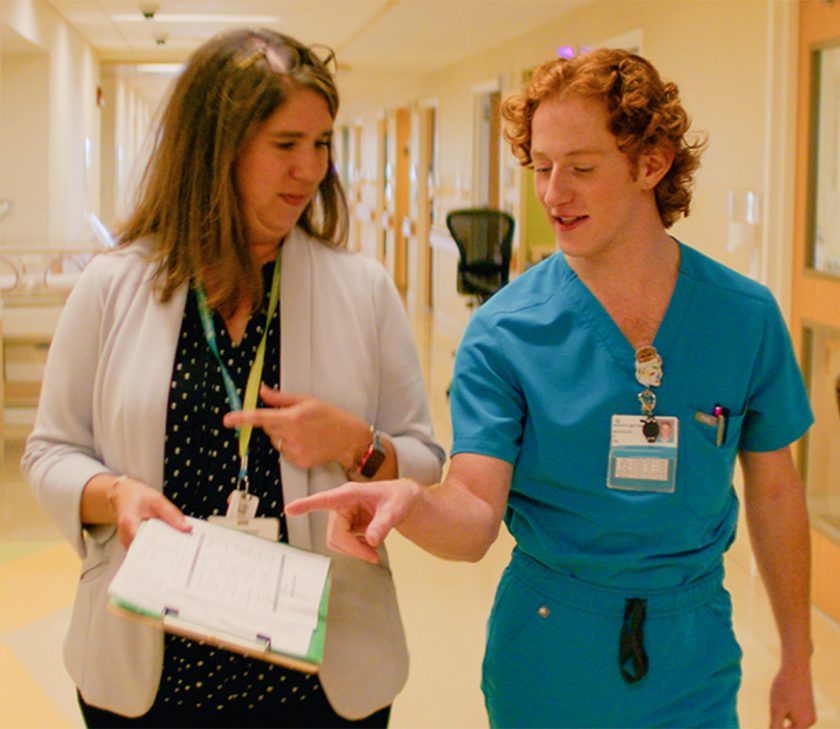
What makes a Pathways to Careers internship different?
Pathways to Careers internships incorporate practices that create a high-quality learning experience. Consider including the following high-impact practices to facilitate a great learning experience:
- Pre-internship training to increase the likelihood of success and to enhance student learning during the experience. This training might include general professionalism or preparation specific to the sector. Pre-internship training can take many forms, including cohort-based “bootcamps” that build skills and expose students to different fields, career preparation courses specific to a sector, and internship readiness or other career preparatory micro-credentials.
- Tangible, Substantial, and Achievable Learning Outcomes agreed upon beforehand by the student and employer.
- Networking Opportunities for students to gain exposure to future opportunities and to build networking skills.
- Mentorship by an employer or university staff/faculty during the internship to enhance engagement and provide support.
- Feedback and Assessment from both students and employers on student performance, learning outcomes, gains, and the overall quality of the experience.
- Compensation to allow students with financial constraints to forgo other paid work to participate in these career-relevant opportunities. Monetary compensation is strongly recommended. When possible, wrap-around supports such as travel and housing increase access and maximize inclusivity.
- Opportunity for Students to Share about their work, projects, and learning outcomes with peers, mentors, or a general audience. Including an occasion for students to present provides a chance for reflection and professional skill-building.
Pathways to Careers is funded with generous support from the Harold Alfond Foundation as part of UMS TRANSFORMS and from the Maine Jobs & Recovery Plan (External Site) provided by Governor Mills and the Maine Legislature to the University of Maine System for workforce development.
